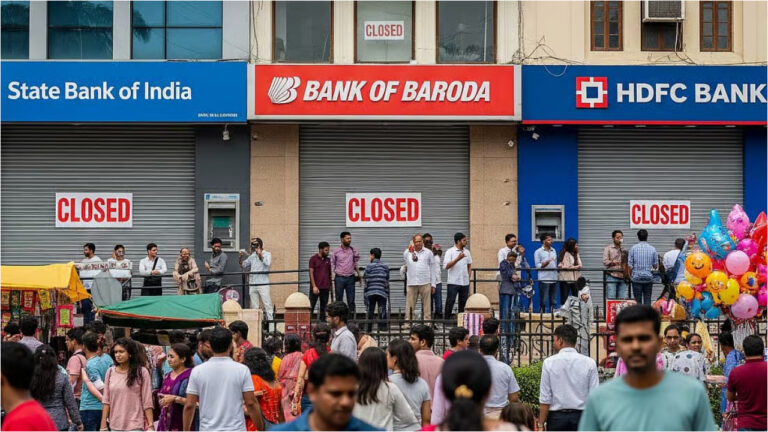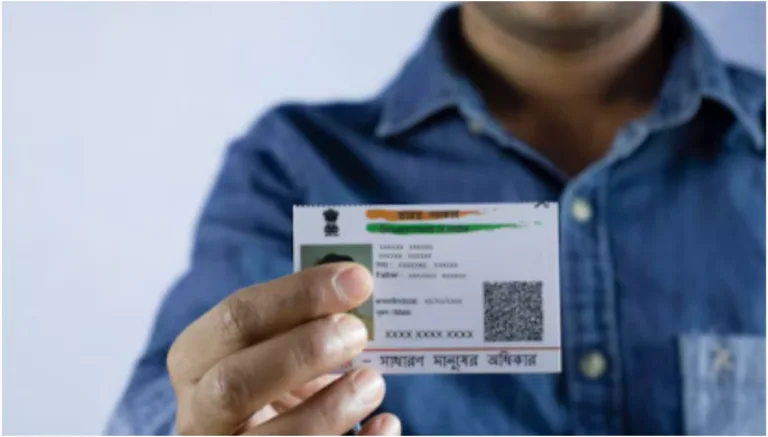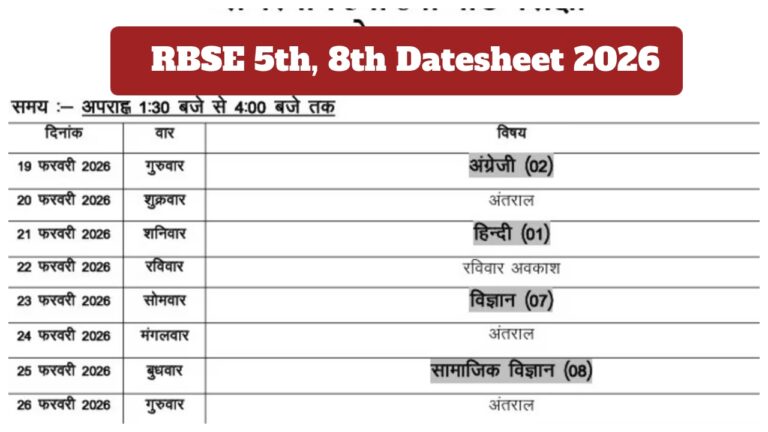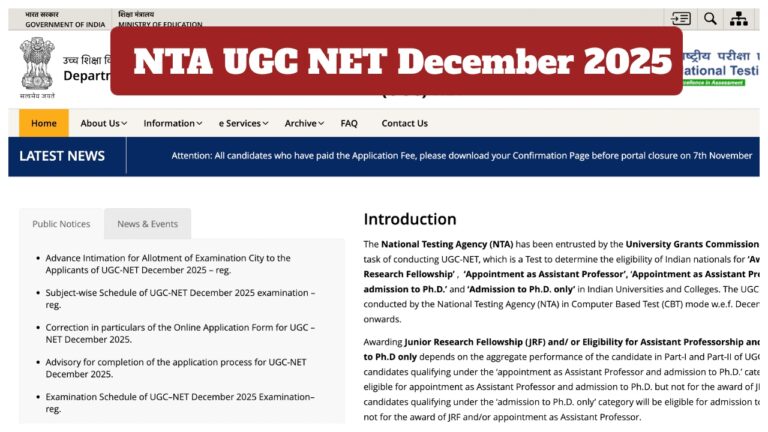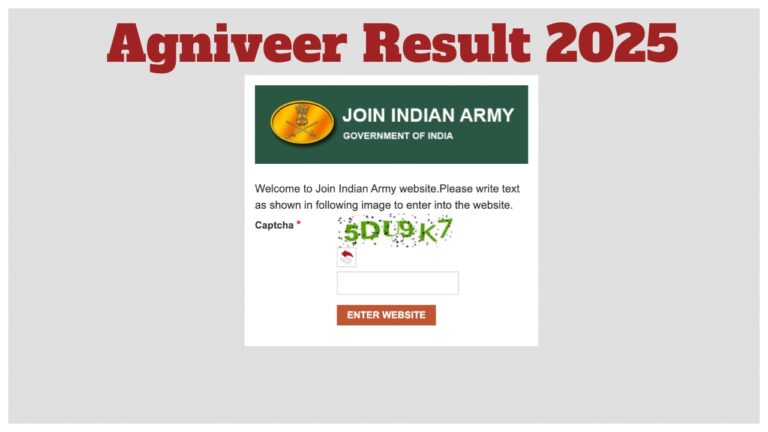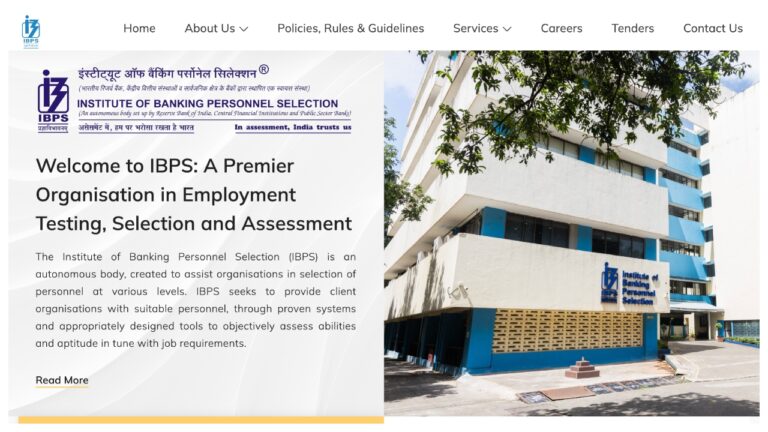Hunger is your body’s natural signal that it needs more food. When you’re hungry, your stomach may “grow” and feel empty, or you may get a headache, feel irritable, or have difficulty concentrating.
Most people can go several hours between meals before they start feeling hungry again, but not everyone. Several possible explanations for this exist, including a diet that lacks protein, fat, or fibre, excessive stress, or dehydration. This article discusses 4 causes of excessive hunger.
You’re Not Drinking Enough Water
Staying hydrated is crucial to your health. Adequate water intake improves brain, heart, and exercise function. Water also helps your skin and digestion. Drinking water before meals might lessen appetite and fill you up.
One research found that 14 persons who drank two glasses of water before a meal ate approximately 600 less calories.
As water keeps you full, you may feel hungry more frequently if you’re not drinking enough. Thirsty may be mistaken with hungry. Drinking a glass or two of water to check for thirst will assist if you’re constantly hungry.
Drink water anytime you’re thirsty to stay hydrated. Fruits and vegetables are water-rich and help you keep hydrated.
You drink too much alcohol
Alcohol has appetite-stimulating properties. Alcohol inhibits leptin, particularly before or after meals, according to research. Alcohol may make you hungry more frequently.
In one research, 12 men who drank 1.5 ounces (40 mL) of alcohol before lunch ingested 300 more calories than those who drank 0.3 ounces (10 mL) with food.
Alcohol drinkers also consumed 10% more calories each day. Higher intakes of high-fat and salty meals were also common.
Another research indicated that 26 males who drank 30 cc of alcohol with a meal ingested 30% more calories than abstainers.
Alcohol makes you hungry and affects judgment and self-control. No matter how hungry, this may make you eat more.
To minimize hunger, drink alcohol in moderation or not at all.
You Drink Your Calories
Solids and liquids impact hunger differently. Smoothies, meal replacement drinks, and soups may make you hungrier than solid meals.
One explanation is that liquids move through your stomach quicker than solids.
According to several research, liquids don’t suppress hunger hormones as well as solids.
Eating liquids is faster than solids. This may promote overeating since your brain doesn’t have time to absorb fullness signals.
One research found that liquid snackers felt less satisfied and more hungry than solid snackers. They ate 400 more calories per day than solid snackers. Focusing on firm, complete meals may help you avoid frequent hunger.
You’re Overly Stressed
High stress boosts appetite. Most likely because it raises cortisol levels, which boost hunger and food cravings. Thus, chronic stress may make you constantly hungry.
In one research, 59 stressed women ate more calories and sweets than non-stressed women.
Another research evaluated 350 young females’ diets. High-stress people ate more. Stressed girls ate more chips and cookies.
There are several ways to alleviate stress. Deep breathing and exercise are choices.

